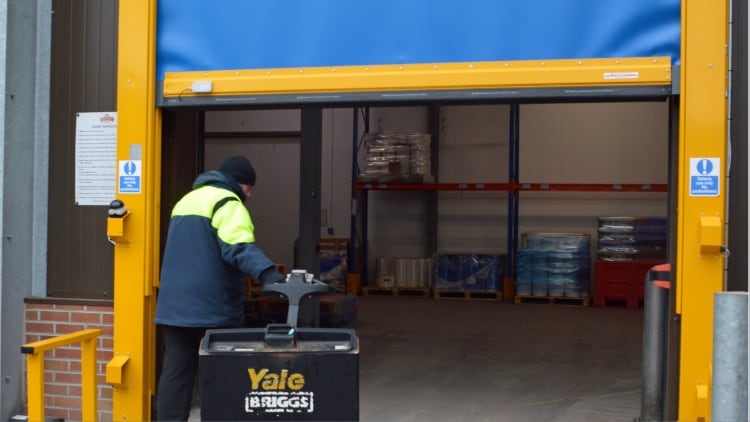In November 2023, home secretary James Cleverly announced proposals to raise the salary threshold for Skilled Overseas Worker Visas from £26,200 to £38,700 from 4 April 2024. This is a huge leap. Despite wage increases in response to the cost of living crisis, it’s still well above the UK average salary for many of the roles facing shortages, effectively blocking recruitment via that route.
At the same time, Cleverly proposed that the minimum income normally required to sponsor someone for a spouse or partner visa would rise in stages from £18,600 per year to £29,000 and ultimately £38,700. The phased increases will occur through 2024 to early 2025.
Butchers, fishmongers and poultry dressers can be recruited on Skilled Worker Visas, thanks to cogent lobbying by food firms. But the Migration Advisory Committee’s (MAC’s) 2023 review of the Shortage Occupation List did not recommend them for inclusion in the SOL. However, it has now emerged that the MAC aims to deliver fresh recommendations for the SOL – rebadged the Immigration Salary List – by 23 February.
Of particular concern is the rushed timetable for all this. Once the MAC’s recommendations are delivered to Government, it will have little more than two weeks to build changes into legislation for this spring. Changes will not be voted on, because revision of visa regulations is via statements altering existing rules. The Government aimed to lay these statements before Parliament on 19 February and 14 March.
This gives the food industry – and others – virtually no time to comment meaningfully on the latest MAC review before it is effectively a done deal.
Behind this rush lies growing pressure in a general election year to curb net migration, which the Office for National Statistics estimates to have been 745,000 in 2022. To minimise division, Conservatives must placate its own right wingers on this issue who are calling for hardline solutions.
Yet food industry staff shortages aren’t going away anytime soon, and roles aren’t being filled by domestic workers because many are put off by their perception of factory working conditions.
British Meat Processors Association data from late 2021 suggests its members are short of 15% of the workforce they would want. Further numbers from the same source in 2022 indicate more than six in 10 of the meat sector’s workers are sourced from outside the UK. Many used to come from the EU, but since the UK was severed from EU freedom of movement post-Brexit, that labour pool has been constricted.
Few can afford substantial investment in automation, given the way current high supply chain costs are eroding margins.
John Shropshire’s Independent Review into Labour Shortages in the Food Supply Chain – published in June last year – states: “There are not enough skilled workers in the domestic workforce to fulfil the labour needs of the food supply chain.”
This is bound to have a dampening effect on productivity and international competitiveness for the UK’s largest manufacturing sector.
The review urges Government to widen the eligibility criteria for the Skilled Worker Visa route to include roles currently considered lower skilled or reclassify those occupations, so they become eligible. The Government’s response is expected imminently.
Rather than causing collateral damage to food manufacturers through panicked policies, Government should heed all the recommendations of the Shropshire Review, while developing a more considered and coherent immigration policy.
In other news, the former owners of a bakery company in Knowsley have been fined and banned from managing food businesses after pleading guilty to four charges of breaching food hygiene regulations.




